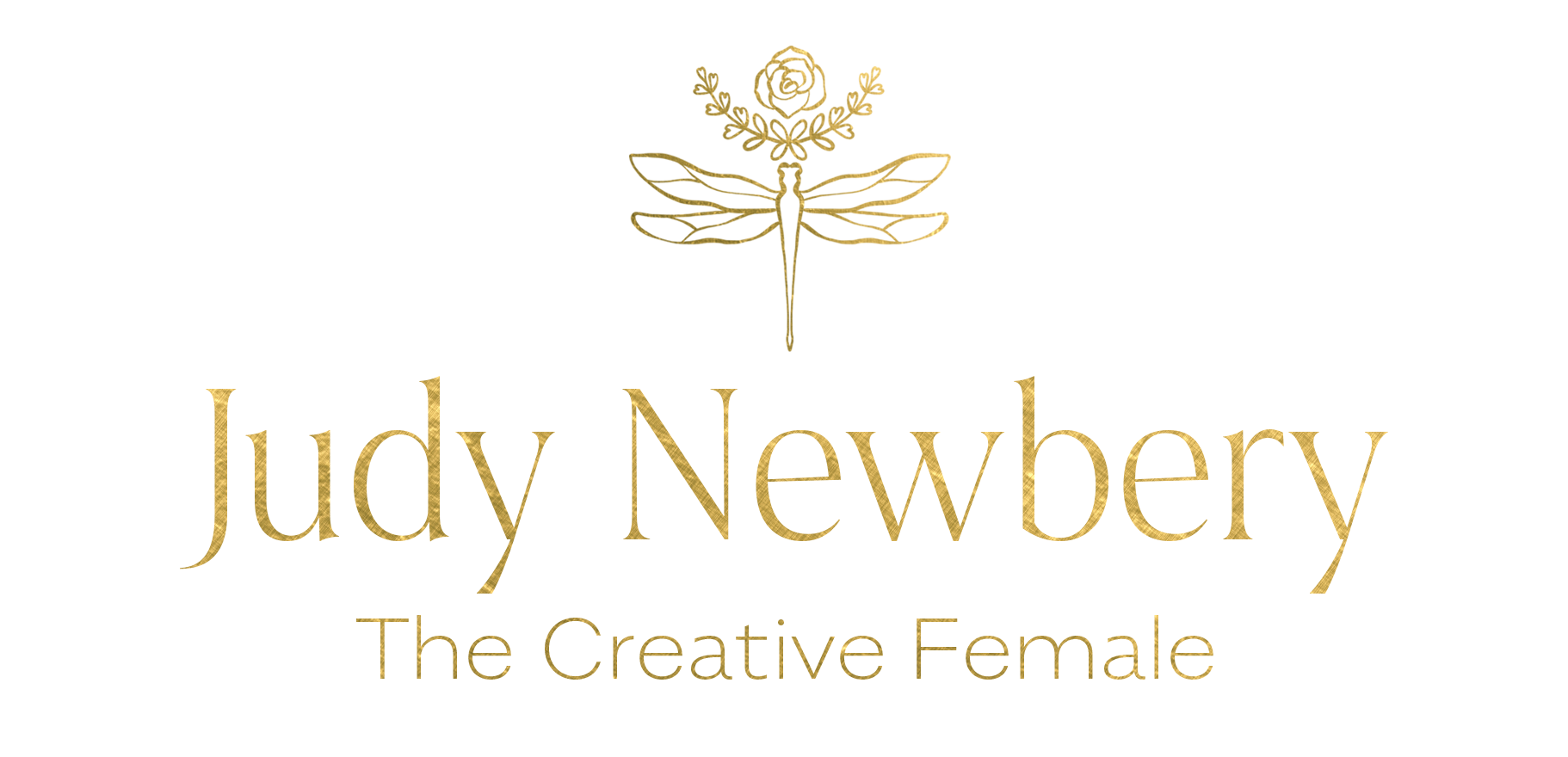How do you deal with Tension? Do you fight it or flee and avoid it at all costs? Tension is a part of our lives. We can’t avoid it, no matter how much we might want to. Tension can occur between partners, work colleagues, friends and clients. You may disagree on a decision or an article in the news or on a financial matter. It may be a minor thing that can trigger us, or something more significant, but how we react makes all the difference.
Tension involves emotional or mental stress and can never be undermined. We all experience it in separate ways and we all react to it differently. I’m not talking about severe stress or tension from a life changing event or illness, for that is different. I certainly don’t want to trivialise that. I’m talking about the day-to-day tensions that we all experience.
Growing up, my Father was an organised, methodical man who loved a quiet, untroubled life but had a quick temper. In a household of women, life was far from being methodical and quiet and when he raised his voice, I tended to hide. I hated confrontation and grew up avoiding it when possible. I became quite adept at changing the subject or leaving the room!
However as I grew older and wiser, I realised that tension could be a good thing. I realised that I didn’t need to overreact every time there was a disagreement and that it wasn’t always “about me.” Something was triggering me and if I stepped back a little bit and looked at what it was, it became an opportunity for growth. Often it was about fears that the other person had raised or it was about feelings of self worth that I had taken personally.
Sometimes it was about genuine concerns such as financial worries, but I realised there was no point in being angry or laying blame on another person or situation. Looking calmly at these things meant that they could be discussed rationally and a solution found. Anger only led to accusations and being disempowered. Discussion led to finding answers with all parties feeling validated.
How do you deal with tension? We can all recognise it. That feeling of anxiety and uncertainty or of feeling the victim or the underdog. We may question our self worth, our own need to be recognised or feel that we don’t have any control. We try and protect ourselves and resort to anger. We try and justify our opinions and raise our voice so that we make sure that we are heard, or we change the subject and avoid the situation altogether. Our muscles tense up and we may start breathing more rapidly. We may feel a knot of tightness in our stomach and we start to feel stressed. Tension feels uncomfortable.
Tension is very strongly linked to our emotions. Memories from childhood may cause an overreaction as an adult. Certain behaviours from our parents can influence our reactions later in life. I know that my father’s temper, affected my own response to stress for many years. Tension leads to our ‘fight or flight’ response. We retaliate to protect ourselves or flee the situation. I realised that this was my response to any difficult situation. I would flee. It felt easier to avoid it than face it and possibly be hurt.
However once I realised what I was doing, whenever a tense situation arose, I sat back and examined my thoughts and feelings, without reacting first. I could see why I was being triggered and discuss this openly. It instantly diffused the situation and a more satisfactory outcome was achieved.
Often it’s our ego that doesn’t like being ‘attacked’. We may feel that we are personally being criticised when in fact, the advice given may actually be helpful. When we create something, be it a piece of art, photograph or even a special dinner, our ego resists judgment. If someone apparently criticises our writing or painting or some other creation, we take it personally. However if we actually sat with the advice given, our piece of art may become stronger.
We may feel anxiety when we come across something new or unfamiliar. We may hold ourselves back and avoid the situation because it requires change, or feels too scary or difficult. We may flee because it all feels too hard. If however we face our worries, sit with the stress and ask ourselves how we can move forwards, the tension will dissipate and we can grow.
How do you deal with tension? Do you see it as your enemy or can you make friends with it. We usually don’t welcome it into our lives but it’s something we can’t avoid if we want to have a meaningful existence. I now no longer change the subject or leave the room, or at least I recognise when I am tempted to. I look at what is triggering me. Is it a genuine fear or is it an affront to my ego? Knowing the difference means changing your response.
Tension is a part of our lives. It may bring up uncomfortable feelings or may just feel like a minor nuisance but it needs to be addressed and not avoided. We may feel tempted to run away, but even living on a deserted island, doesn’t stop you from encountering daily stressors. You still have to deal with the forces of nature and finding your food.
Recognise tension when it happens and make sure you support yourself. Feeling stressed all the time hinders your health so take measures to reduce that stress. If someone or something upsets you, take some time out. Give yourself time to breath and think. Go for a walk in nature, try some deep breathing or meditation, or end the conversation and say you will get back to the person. This gives you time to reflect on what has been said or on your own involvement in the conversation.
Try not to react straight away. Sit with your feelings. The more awareness you have around why you are feeling the way you do, will give you some guidance moving forwards.
How do you deal with Tension? Hopefully in a way that benefits your growth and releases any stress you may be feeling. I would love to know.
With warmest wishes,
Judy xxx
References: Photo by Darius Bashar on Unsplash.
Disclaimer: Please note that all information in this article is the opinion of the author and obtained through her research and knowledge and the above references. It is not meant to replace medical advice and a medical opinion should always be obtained for any health condition.

